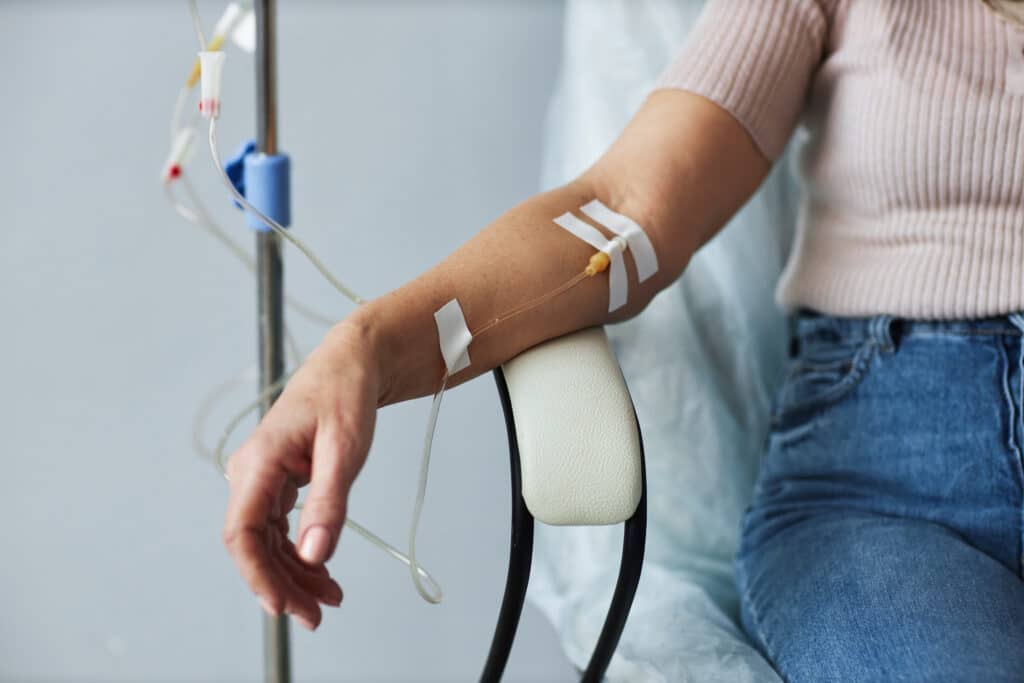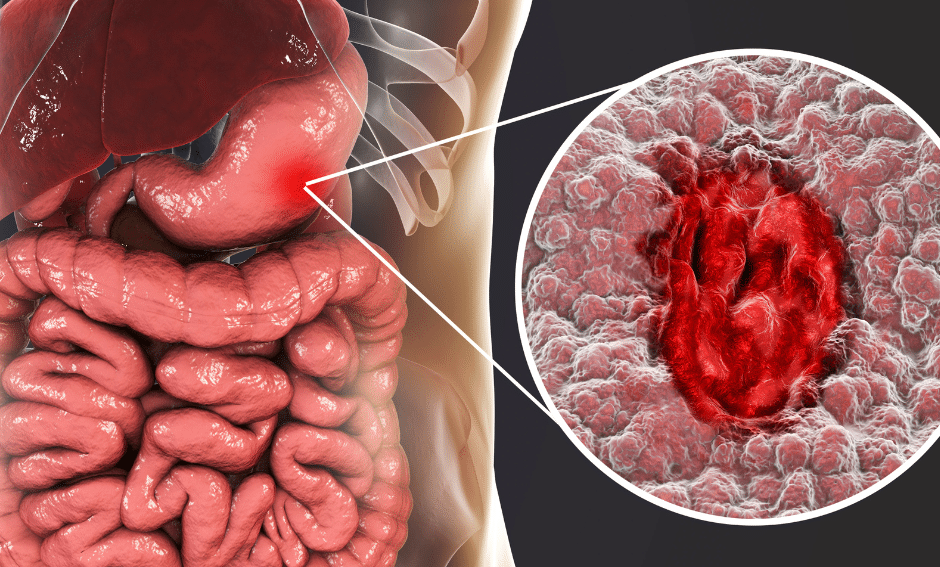So, Your Doctor Just Told You to Schedule a Colonoscopy!
Almost 60,000 people per year die from colon cancer, and it’s the second leading cause of cancer deaths in the US. What most people don’t realize is that this disease is one of the few cancers that are preventable. If colon cancer is detected in its early stages, the five-year survival is over 90%. Women are affected by this disease almost as much as men are, and the incidence seems to increase with age. Although this disease is rarely seen before the age of 40, family history or other factors may increase the likelihood of getting the disease at a younger age.
The best thing you can do to prevent this disease is to get a screening colonoscopy. If you have no family history of colon cancer and are otherwise healthy, you should receive your first colonoscopy at the age of 50. It is now recommended that African Americans should receive their first colonoscopy by the age of 45.
Risk factors for colon cancer include family history, inflammatory bowel disease, obesity, smoking history, alcohol abuse, prior radiation history to the colon and possible dietary factors such as consumption of large amounts of red meats and saturated fats.
There are many reasons people choose not to get a colonoscopy, however many of these reasons are based on misconceptions about the procedure. For a typical colonoscopy, your doctor would place you on a clear liquid diet the day before the procedure. You should be able to go to work the day before the procedure. On the evening prior, the patient would take a bowel prep, which is usually a liquid and pill combination that would cause some diarrhea to clean out your colon. For the colonoscopy, the patient would receive anesthesia, which will prevent you from feeling pain during the procedure. The procedure itself takes about 20-30 minutes. Your gastroenterologist is looking for polyps, which are growths that can occur in the colon.
These polyps can sometimes become cancerous. If they are found during the colonoscopy, they can be removed during the procedure, to prevent colon cancer. Depending on what is found during the initial colonoscopy, the procedure is usually repeated 3-4 years later. So, get that colonoscopy. The life you save may be your own!
Make an Appointment for Comprehensive Digestive Care in NJ
At Digestive Healthcare Center, we want each patient at our three offices in New Jersey to feel confident about their digestive health. We encourage you to contact us today to make an appointment with one of our expert gastroenterologists – don’t wait to start putting your digestive health first!
Recent Blogs
Learn more about all things digestive health and wellness by checking out our recent gastroenterology blogs.

Infusion therapy has become a vital treatment option for individuals with Crohn’s disease, offering relief when traditional medications may fall short. This method delivers medication directly into the bloodstream, providing quicker and more targeted effects to help manage inflammation, reduce symptoms, and improve quality of life. For those with moderate to severe Crohn’s disease, infusion […]

The Advancement of Ulcerative Colitis Treatment Ulcerative colitis (UC) is a chronic inflammatory bowel disease (IBD) that affects the lining of the colon and rectum. Those diagnosed with UC often experience flare-ups that can significantly impact their quality of life. Fortunately, advancements in medical treatment have made managing this condition more achievable. One option is […]

Diverticular disease and diverticulitis are related digestive health conditions that affect the large intestine (colon). With diverticular disease, small, bulging pockets develop on the lining of the colon. When these pockets become inflamed or infected, the condition is called diverticulitis. They are very common – especially after age 40 – and rarely cause problems. At […]
























